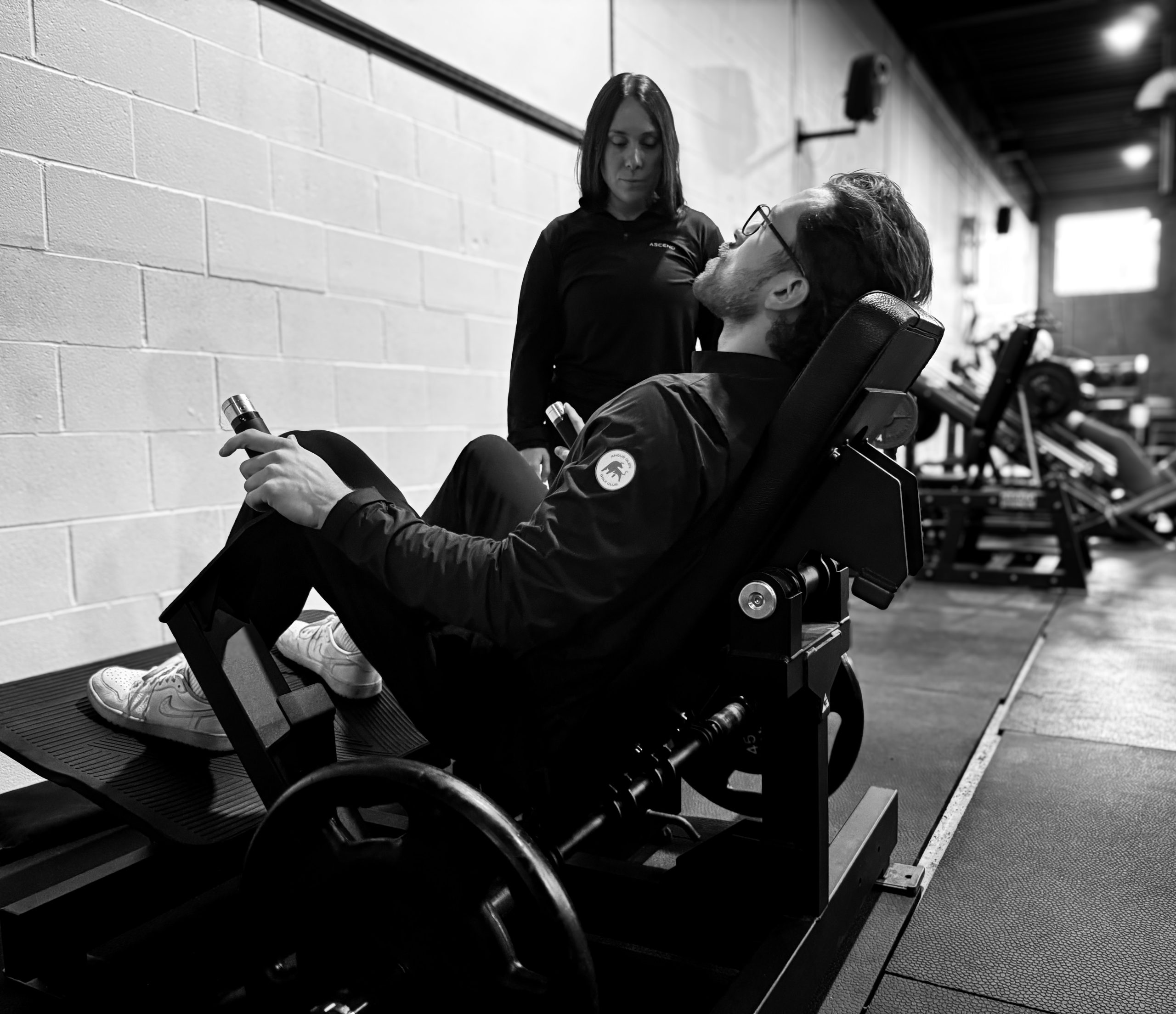Pelvic Health Physiotherapy

Our Approach To Pelvic Health Physio
Treat
Our expert Physiotherapists always start with assessment and treatment to determine and treat the root cause.


Train
We incorporate progressive rehab and strengthening programs into every treatment plan.
Train
We incorporate progressive rehab and strengthening programs into every treatment plan.

Transfer
We make your rehab process relevant to your goals.

What Pelvic Health Physio Treats
Urinary Incontinence
Urinary Urgency / Overactive Bladder
Urinary Frequency / Nocturia
Urinary Retention / Incomplete Emptying
Bowel Incontinence
Constipation
Pelvic Organ Prolapse
Chronic Pelvic Pain
Painful Intercourse
Pelvic Floor Spasms
Pain In Vulvar Area
Nerve Related Pelvic Pain
Interstitial Cystitis / Bladder Pain Syndrome
Endometriosis
Abdominal Separation
Low Back & Hip Pain
Tailbone Pain
Post-Prostatectomy Incontinence / Chronic Prostatitis
Post-partum / Pregnancy-Related Pelvic Issues
Pelvic Health Physio FAQ
What does a pelvic health physiotherapist actually do?
A pelvic health physiotherapist assesses and treats the muscles, joints, nerves, and connective tissues of the pelvic floor. They help with issues like incontinence, pelvic pain, prolapse, postpartum recovery, and more. Treatment may include education, exercises, internal or external manual therapy, breathing techniques, and lifestyle strategies.
Do I need an internal exam?
Not always. Internal exams help assess the pelvic floor muscles accurately, but they are optional and only performed with your full consent. If you prefer not to have one, your therapist can use alternative assessment methods and still create an effective treatment plan.
Is pelvic floor physio only for women?
Definitely not! Pelvic floor physiotherapy helps women, men, and all gender identities. Men often seek treatment for pelvic pain, incontinence, post-prostatectomy recovery, or sexual dysfunction.
How Common Are Pelvic Floor Issues?
Extremely common. Research shows that 1 in 3 women experience urinary incontinence, and pelvic pain affects millions of people. Despite this, pelvic symptoms are often under-treated—pelvic physio is one of the most effective first-line treatments.



